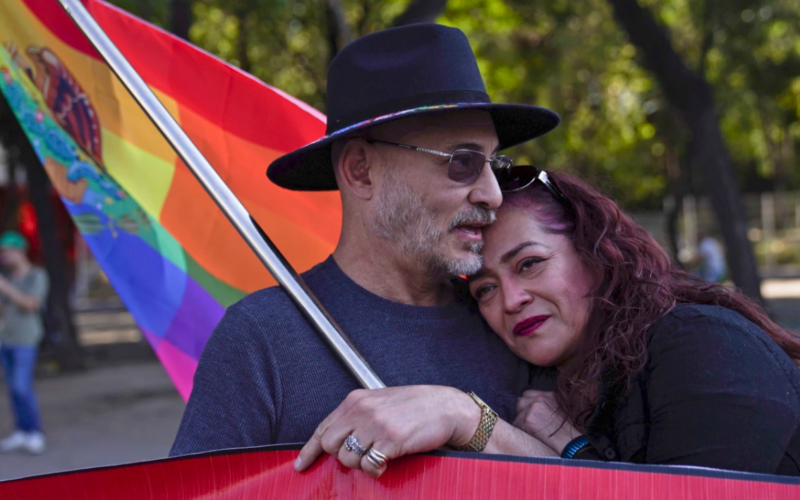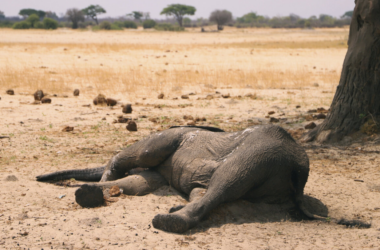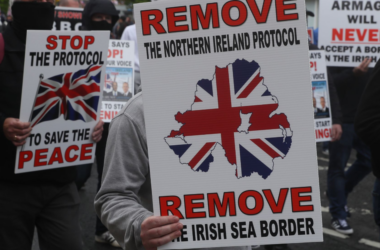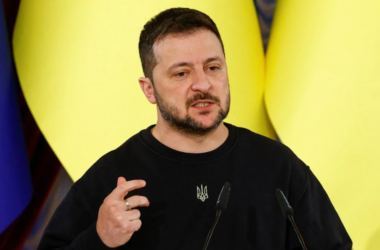Mexico is grappling with a disturbing surge in violence against transgender individuals, with authorities reporting at least three killings in the first two weeks of 2024, while rights groups are investigating two more cases. These tragic incidents mark a violent beginning to the year in a country where the LGBTQ+ community often faces discrimination and targeted violence. The latest victim, transgender activist and politician Samantha Gómez Fonseca, was brutally shot and killed in the south of Mexico City, triggering widespread anger and protests by LGBTQ+ advocates demanding justice and enhanced laws addressing hate crimes.
The spate of murders has ignited outrage within the LGBTQ+ community, leading to protests in Mexico City’s main thoroughfare. Approximately 100 demonstrators marched, chanting slogans like “Samantha listen, we’re fighting for you,” and holding signs declaring “your hate speech kills.” In a powerful act of defiance, protesters spray-painted “trans lives matter” on the walls of Mexico’s National Palace. What was originally intended as a march for greater acceptance of transgender people swiftly transformed into a call for justice and the urgent need for comprehensive legislation combating hate crimes.
Samantha Gómez Fonseca, the activist and politician tragically killed, had initially planned to march alongside fellow activists to advocate for greater societal acceptance of transgender individuals. Following her death, the march evolved into a fervent plea for justice and more comprehensive laws addressing hate crimes. LGBTQ+ activists, like 41-year-old trans woman Paulina Carrazco, expressed both fear and determination, emphasizing their commitment to fighting against violence and discrimination to create a safer environment for future generations.
Mexico, marked by its traditional “macho” culture and deep religiosity, poses significant challenges for its LGBTQ+ population. This community is regularly subjected to violence, with some attacks being particularly brutal to send a message of exclusion. Over the past six years, rights group Letra S has documented at least 513 targeted killings of LGBTQ+ people in Mexico, reflecting a deeply entrenched issue. Transgender individuals, in particular, face discrimination in employment, as exemplified by the experience of Xomalia Ramírez, a transgender woman from Oaxaca, who highlighted the struggle to find work without compromising her gender identity.
Critics attribute the recent wave of violence to comments made by Mexican President Andrés Manuel López Obrador, who described a transgender congresswoman as a “man dressed as a woman.” Despite a subsequent apology from the president, activists like 55-year-old Xomalia Ramírez argue that these remarks have fueled transphobia and contributed to hate crimes against the transgender community.
The LGBTQ+ community and activists voice concerns over the likelihood of achieving justice in these cases due to Mexico’s high levels of corruption and inefficiency within the government. Analysts suggest that around 99% of crimes in Mexico go unsolved, fostering an environment of impunity. Activists, such as Jair Martínez from Letra S, express skepticism about the effectiveness of law enforcement investigations and underscore the urgent need for systemic change to address violence against the LGBTQ+ community.
The recent wave of transgender murders in Mexico has ignited a collective outcry and mobilization within the LGBTQ+ community. The tragic deaths of individuals like Samantha Gómez Fonseca underscore the urgent need for comprehensive legal reforms, increased societal acceptance, and a concerted effort to combat hate crimes. As advocates continue to push for justice and systemic change, the plight of transgender individuals in Mexico serves as a stark reminder of the ongoing struggles faced by the LGBTQ+ community and the imperative for inclusive policies and societal attitudes.








